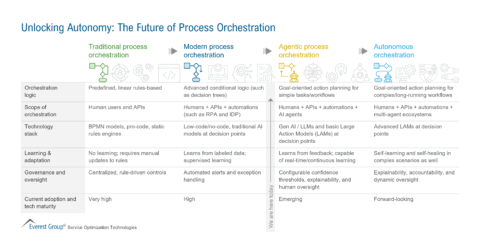Reimagine growth at Elevate – Dallas 2025. See the Agenda.
Filter
Displaying 1-10 of 528
Automation to Execution: The Rise of Agentic AI in Healthcare | LinkedIn Live
July 23, 2025
9:00 a.m. CDT | 10:00 a.m. EDT | 3:00 p.m. BST | 7:30 p.m. IST
LinkedIn Live
1 hour
Reimagining Chemicals R&D: How Autonomous Labs Can Accelerate Innovation and Discovery | Webinar
July 25, 2025
7 a.m. PDT | 9 a.m. CDT | 10 a.m. EDT | 3 p.m. BST | 7:30 p.m. IST
Webinar
1 hour
Finance Benchmarks to Drive Operational Excellence | Webinar
Wednesday, June 25
12:00 PM | ET
Smarter Procurement: Human Decisions Powered by AI Agents | Webinar
July 1, 2025
10 a.m. CDT | 11 a.m. EDT | 4 p.m. BST | 8:30 p.m. IST
Webinar
1 hour
Future-Proofing Your Workforce: Harnessing Skills and Work Intelligence | Webinar
On-Demand Webinar
1 hour










